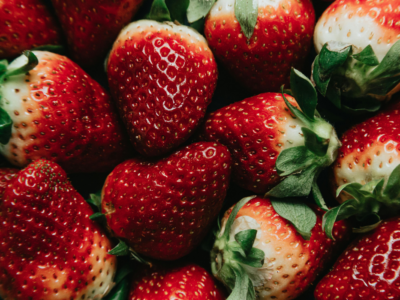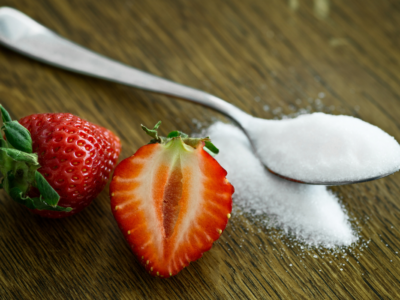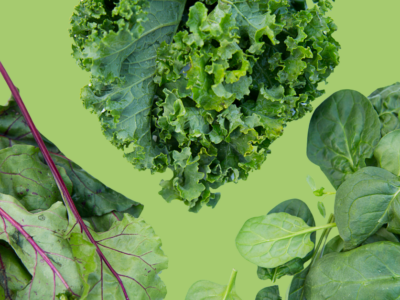Dear Is This Normal,
My nephew who is almost 7 seems to think of sugar as what makes him “sour” at times. The family is very diet-y when they talk about food. It is hard for me to address this when I watch him. Where would you start and how can I address this “clean plate” house?
Signed,
Down with Diet Talk
Dear Diet Talk,
First off, I want to commend you for recognizing and wanting to address an issue that is so pervasive in society, but is also routinely overlooked or downplayed as ‘no big deal’. As someone who was raised by a constantly-dieting mother in the 80’s and 90’s, and who was regularly subjected to this idea that a food’s caloric density determines its worth (Snackwell’s and 100 Calorie Snack Packs, anyone?), I can tell you that I am still working through the damage the diet culture inflicted upon my developing brain. I appreciate that you are attuned to how this type of language and food aversion/restriction can be harmful, particularly for young kids! A lot of parents are concerned with how to protect kids from diet culture, and I’m relieved to see this topic come across my proverbial help desk.
Obviously, you are only able to control what is said and portrayed within your own home, when your nephew is visiting. And while I am certainly not suggesting you go rogue and try to convince your 7 year old nephew that his parents are wrong, I do think that the language you use and the examples you set can have a positive impact on him.
One immediate way we can do this is by not assigning morality to certain foods. In other words, there are no ‘good’ foods or ‘bad’ foods. Certainly there are foods that are more nutritionally beneficial to kids and adults, like fresh fruits and veggies, whole grains, lean proteins or protein substitutes, eggs, nuts and nut butters, and so on. These are foods that we should all strive to include more of in our daily meals and snacks, not because they’re good, but because they are good for us and make us feel good in our bodies. These are great foods to eat a lot of, but they are not the only foods we can (or should!) eat.
Many people assume (not correctly) that foods not included in those categories are inherently bad. High calorie foods, sugars, processed foods, foods that are high in fat—these are often the first foods that are ‘banned’ when someone is dieting or ‘eating clean’. They are called bad, which when you’re a kid, has a completely different context than it does for an adult who can deduce the difference between nutritionally dense foods and less nutritionally dense foods. To a kid, bad means wrong, so when they eat a ‘bad’ food, they are doing something wrong.
Anecdotally, I’m sure a lot of parents will tell you that sugar makes their kids go completely off the rails, but from a research standpoint? That just isn’t the case. But we continue to advance this falsehood that certain foods should be avoided at all times, that they are bad, that they are bad for us. And these negative connotations and associations stick in our heads and often become even more warped…this, friends, is diet culture.
Eating a healthy, well-balanced diet is incredibly important. But so is enjoying things in moderation! There’s a delicate balance between promoting healthier and more nutritious eating habits, and allowing room to have treats and satisfy cravings. It’s not an either or thing, it’s a balanced moderation thing. And I think talking to your nephew about that and setting an example when he’s with you is an excellent first step. Gently explaining that sugar isn’t inherently bad while encouraging him to make nutritious choices while keeping morality and ‘good’ or ‘bad’ out of food choices will help him separate what he eats from who is.
When it comes to your nephew’s parents, I would open up a dialogue and bring your concerns to their attention. Make it clear that you’re not coming from a place of judgment, only love for your nephew and a desire to see him NOT grow up with negative food associations. There is nothing at all wrong with eating clean! But perhaps in their pursuit of eating clean, nutritious foods, they aren’t realizing how they are (perhaps subconsciously) maligning foods they consider not clean—foods that your nephew may enjoy and then internalize guilt over eating them.
Even if their intentions are good (and I have no doubt that they are), they are promoting a subset of diet culture that can follow your nephew into adolescence and beyond, and potentially wreak havoc on his body image and relationship with food. You may not be able to inspire a complete 180 right out of the gate, but talking to them about your concerns and sharing some of the language and habits you use in your home will, at the very least, open their eyes to the possibility of changing how they see and talk about food with their impressionable child.
Your Friendly Anti-Dieter,
Is This Normal


